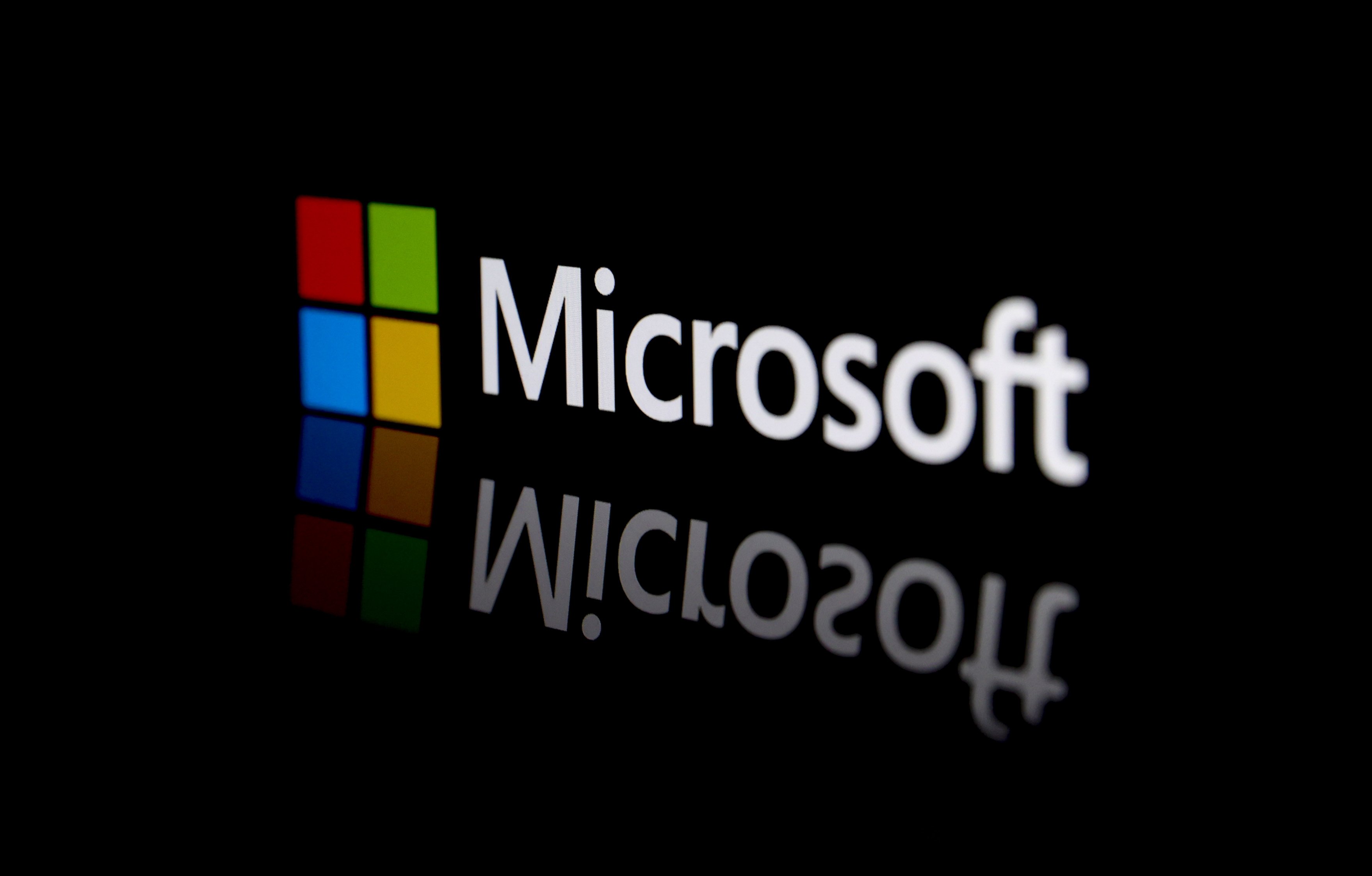For much of the past year, Microsoft (MSFT 0.74%) enjoyed the esteemed title of the world's most valuable public company. An artificial intelligence (AI)-fueled boost -- and underperformance from Apple -- helped propel Microsoft into the top spot, but a recent sell-off erased more than $300 billion in market cap over the past month (as of July 29).
This sell-off has affected many tech companies, sparking rumors of a market correction coming soon. Given the uncertainty and recent performance of Microsoft's stock, many may wonder if it's a buy. Many factors contribute to that answer, but for long-term investors, it remains a yes.

NASDAQ: MSFT
Key Data Points
A diversified business helps shield Microsoft during tough times
Microsoft is far from immune to market corrections and downturns, but it is much more insulated from huge business hits than most other tech companies. This is mostly because many of Microsoft's customers are other companies.
Think about the products and services that businesses globally rely on from Microsoft. Countless companies rely on Excel for spreadsheet needs, Teams to communicate with coworkers, and other Office software for productivity. Windows PCs fill the office spaces of thousands of businesses. LinkedIn is one of the most used recruiting platforms, and Azure is the world's second-leading cloud computing platform.
While other big tech companies rely heavily on consumer spending (such as Apple with its hardware) or the success of a product line (such as Nvidia with its GPUs), Microsoft has built an ecosystem with many parts that carry their own weight.
This has been a huge factor in Microsoft's consistent revenue and operating income (profit from core operations) growth over the past decade. In Microsoft's third quarter of fiscal year 2024 (ended March 31), revenue and operating income increased 17% and 23% year over year, respectively.
MSFT Operating Income (Quarterly) data by YCharts
The growth of Microsoft's cloud business
As the digital world evolved and become more connected, cloud services have become an essential part of many companies' operations and infrastructure. Amazon, with its cloud platform, Amazon Web Services (AWS), had the foresight to see this transformation and got a jump on the industry. This is mainly why AWS remains the world's leading cloud platform.
Microsoft's cloud platform Azure trails behind AWS in market share (25% to 31%), but it has been picking up a lot of steam and gaining ground. Just three years ago, Azure's market share was around 19%.
Microsoft Cloud's revenue grew 23% year over year to $35.1 billion and accounted for close to 57% of its total revenue in its latest quarter. Azure and other cloud services' revenue specifically increased 31% year over year. As its cloud business grows -- particularly as it integrates OpenAI's AI technologies into its products -- Microsoft should continue to see impressive profit growth.
Investors will pay a premium, but it's worth it long-term
Despite the growth in Microsoft's earnings recently, its stock price growth has kept its valuation at a premium. Its price-to-earnings (P/E) ratio is just under 37, well over its average over the past five years and noticeably above the S&P 500's roughly 27.5.
MSFT PE Ratio data by YCharts
With Microsoft's premium valuation, investors must manage their short-term expectations because it could make the stock more susceptible to volatility if market sentiment toward tech stocks (and AI's lasting effect) changes. In the long term, though, Microsoft's prospects are as strong as ever.
A good approach to Microsoft's stock is to dollar-cost average your investments. Decide on a set amount you can dedicate to the stock and then decide how often you want to make your investments. This can help reduce some volatility risks and keep the focus on making consistent investments over the long haul instead of figuring out the "best time" to invest.










